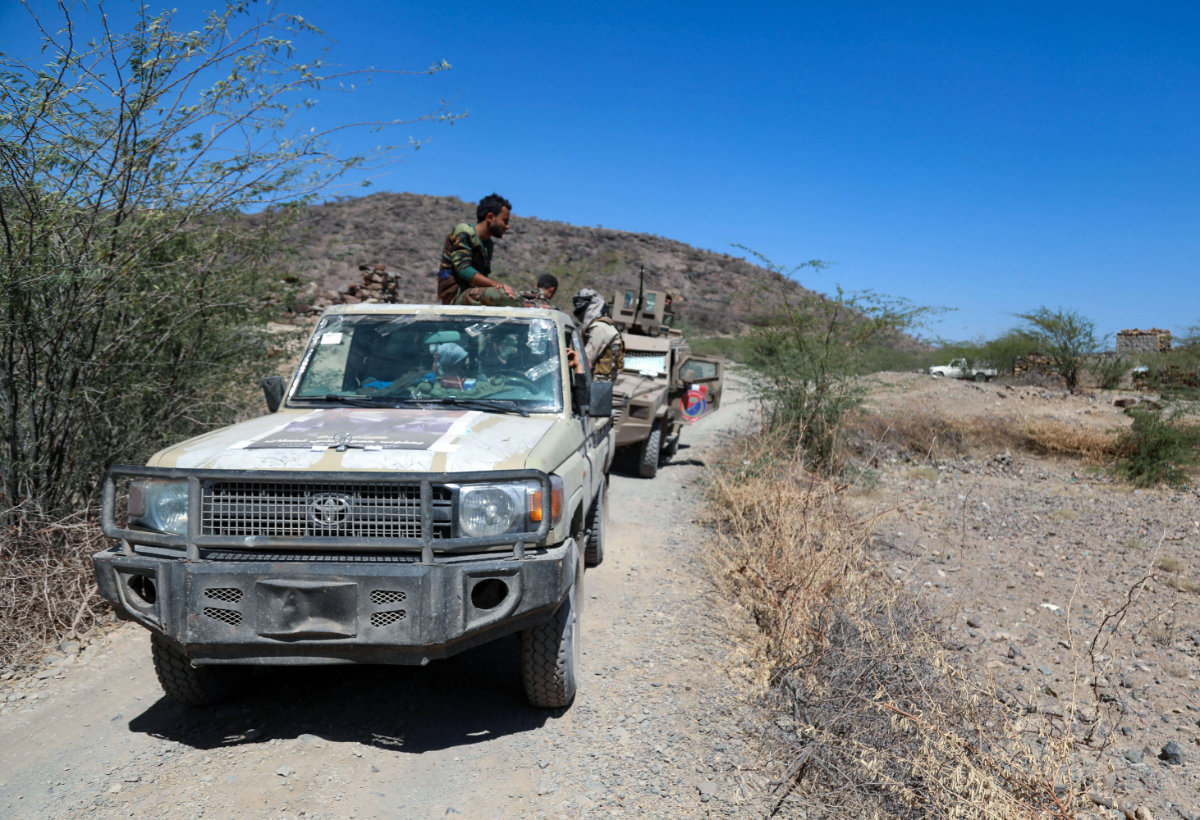NEW YORK: The arms embargo imposed on Libya since 2011 is “totally ineffective,” say UN experts in a stark report released Tuesday which underscores “extensive, blatant” violations by actors including its own member states.
The six experts charged with monitoring the embargo on the civil war-torn state pointed the finger at an array of international backers on both sides of its conflict, plus private mercenaries and non-state actors — including the Russian Wagner group as well as former Blackwater head Erik Prince.
They used photos, diagrams and maps to support their accusations in the more than 550-page report, which covers the period from October 2019 to January 2021.
“The arms embargo remains totally ineffective. For those member states directly supporting the parties to the conflict, the violations are extensive, blatant and with complete disregard for the sanctions measures,” they wrote.
“Their control of the entire supply chain complicates detection, disruption or interdiction,” the report continued, explaining that both factors “make any implementation of the arms embargo more difficult.”
The experts have been denouncing violations of the embargo for years.
Libya has been torn by civil war since a NATO-backed uprising led to the toppling then killing of dictator Muammar Qaddafi in 2011.
The country has in recent years been split between a Government of National Accord (GNA) in Tripoli, and an eastern-based administration, backed by strongman Khalifa Haftar.
Haftar’s international supporters — including the United Arab Emirates, Jordan, Russia, Syria, and Egypt — have all been singled out in previous UN reports or in the one published Tuesday.
Turkey and Qatar, which support the authorities in Tripoli, have also been named by the experts.
They have identified Russian mercenaries from the private Wagner group, as well as up to 13,000 Syrian rebels and Chadian or Sudanese groups, all acting for one side or the other.
Tuesday’s report strongly reinforces the earlier accusations and adds more, such as the one aimed at Erik Prince, founder of the now-defunct Blackwater security company and a fierce supporter of former American president Donald Trump.
Prince has denied the accusation he sent or wanted to send a force of foreign mercenaries and weapons to Haftar in 2019.
The experts estimate that up to 2,000 Wagner mercenaries have been deployed in Libya.
“Notwithstanding the cease-fire agreement of 25 October 2020, there have been no indications of any withdrawal from Libya by ChVK Wagner,” they wrote.
Another private Russian company, Rossiskie System Bezopasnosti Group, is cited for its role in refurbishing fighter jets; while the Turkish military contractor SADAT, which has denied any illegal activity in Libya, is also on the list of those incriminated.
The experts reached an identical conclusion when it came to economic sanctions leveled at individuals or entities, citing a “persistent lack of transparency.”
“Implementation of the assets freeze and travel ban measures with regard to designated individuals remains ineffective,” they wrote.
They also say that officials in Libya’s east “have continued their efforts to illicitly export crude oil and to import aviation fuel.”
Refined petroleum products continue to be illicitly exported by land, the report said, adding that while the activity is small it has increase compared to previous years, particularly in western Libya.
The UN experts recommended that the Security Council impose “flag deregistration; a landing ban; and an overflight ban” on aircraft identified as having violated the embargo.
They also asked it to “authorize member States to inspect, on the high seas off the coast of Libya, vessels … that they have reasonable grounds to believe are illicitly exporting or attempting to export crude oil or refined petroleum products.”






